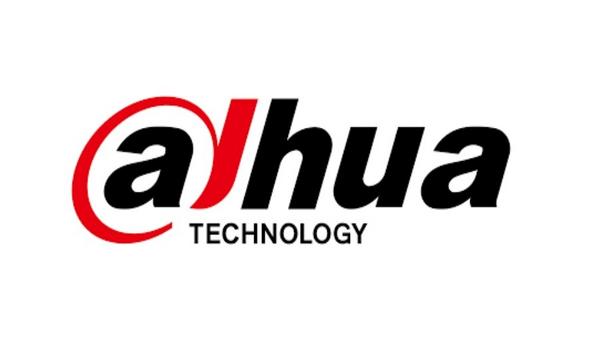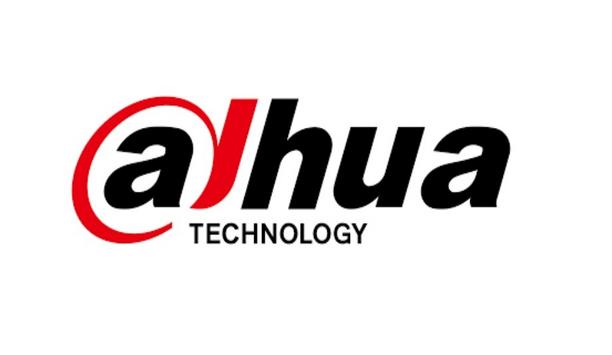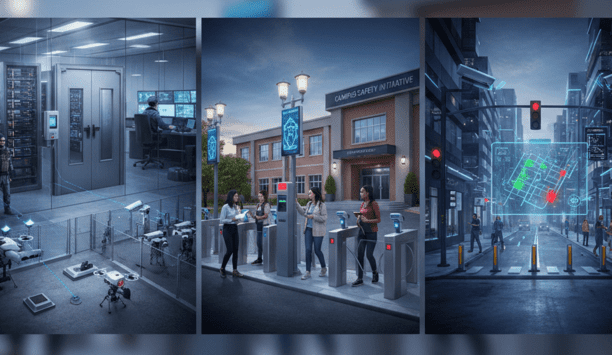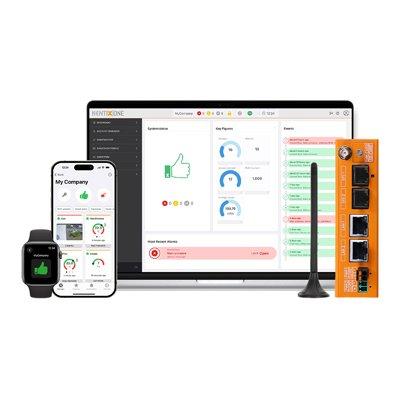 |
| Many security company employees say they first learned about opportunities in the field through other employees |
The nation’s security companies are increasingly turning to U.S. military veterans to fill the ranks of both uniformed guards and management personnel. Getting the best former soldiers, airmen and sailors into the civilian workforce requires recruiting, and some of the best recruiters are other veterans.
A wide variety of current security company employees say they first learned about opportunities in the field through other employees.
Larger companies have well established connections with military organisations and send recruiters to bases to meet with service personnel who are getting ready to end their military service.
“We can’t hire veterans only, but we definitely do promote the hiring of veterans whenever we can,” says Bob Williams, president, Briscoe Protective Systems Inc. in Centereach, New York.
On a recent weekday, Williams was getting ready to interview a veteran who he met through the company that handled maintenance work on his pool.
“I didn’t realise he was a veteran, but I could see with his character and the way he worked with the guys that he was team player,” says Williams. “After the end of the (summer) season he was laid off, and I wanted to give him an opportunity to work with us.”
The ex-soldier also told Williams about another veteran who was interested in getting into the security industry.
 |
| Veterans tend to be exceptional employees who require less training (and hand-holding) than other employees |
“We get them through word of mouth from other veterans more than anything else,” he explains.
Few people appreciate the value of veterans more than veterans themselves. Kateri Nelson, who until recently served as a recruiter for AlliedBarton Security Services in Colorado, notes that she was able to bring a number of veterans into the company.
“One of the best parts of the job was being able to help veterans to find employment and get them started on a career path with AlliedBarton,” she says. “I was fortunate to be in that position.”
Nelson was herself first told about opportunities in the company by a company employee who was serving in her unit in the Colorado National Guard.
Veterans tend to be exceptional employees who require less training (and hand-holding) than other employees. In addition, most company managers see them as less prone to turnover.
They also face some unique challenges as they integrate back into the civilian workforce. While they may be called on use many of the same skills they used in the service, veterans often face a very different world.
As one security company executive noted, managing civilians can very different than soldiers. “The consequences for failing to carry out an order can be very different in the military than in a civilian workplace,” he observes. They have to get used to other workers who may not always have the same level of discipline as they do.
Freshly minted civilians also face a shock when they see the wages paid by civilian companies.
“When people are getting out of the military their expectations in regards to what they should be getting paid is significantly higher than the reality of today’s world,” says Dennis Lejeck, president of Black Knight Security in Pittsburgh.
In an industry in which the typical guard may be making $9 an hour, veterans are “just shocked when you say that’s your starting pay and is that a wage that’s acceptable to you”, says Dennis Lejeck, president of Black Knight Security |
In an industry in which the typical guard may be making $9 an hour, veterans are “just shocked when you say that’s your starting pay and is that a wage that’s acceptable to you.”
After spending years in the military many veterans are unfamiliar with the pay scales common in the industry.
“When they wrap their heads around, this is what it’s going to be at least until I can finish my college, then it seems to go okay” he notes. “Some of them we lose because they had higher expectations and then they don’t end up coming on board with us.”
Once veterans get out and start looking for a job, it can also be difficult to translate the skills they acquired in the military and make them understandable to an employer.
“I was enlisted (in the Army) and then got out at age 23,” recalls Lejeck. “I was in the infantry, so it’s really hard to translate what I did as a member of the infantry and put on a professional resume.”
Security companies tend to be more aware of the difficulties presented by trying to match up skills gained in the military with a civilian position.
“A good way to approach that is we hire the person not the resume,” says Dan Williams, president of Cloverton Security. “We look at the person and the history they have and what people say about them in their references.”
Cloverton wants employees who understand and are committed to their unique security niche – cannabis dispensaries.
Security companies put veterans through the same background and evaluations as any employee would face before hire. Many realise that they also need to be aware of the stresses that veterans – particularly combat veterans – have experienced and may still carry with them.
“It’s obviously a big change going from a high-risk danger zone to coming back to a place like Denver,” says Williams. “With that you could have certain effects from it in terms of the intensity level involved, but we try to monitor that very carefully.”
Cloverton, like other companies, requires random drug testing, full physicals and is developing a full psychological review for its employees. It also provides health benefits for its staff, according to Williams.














































